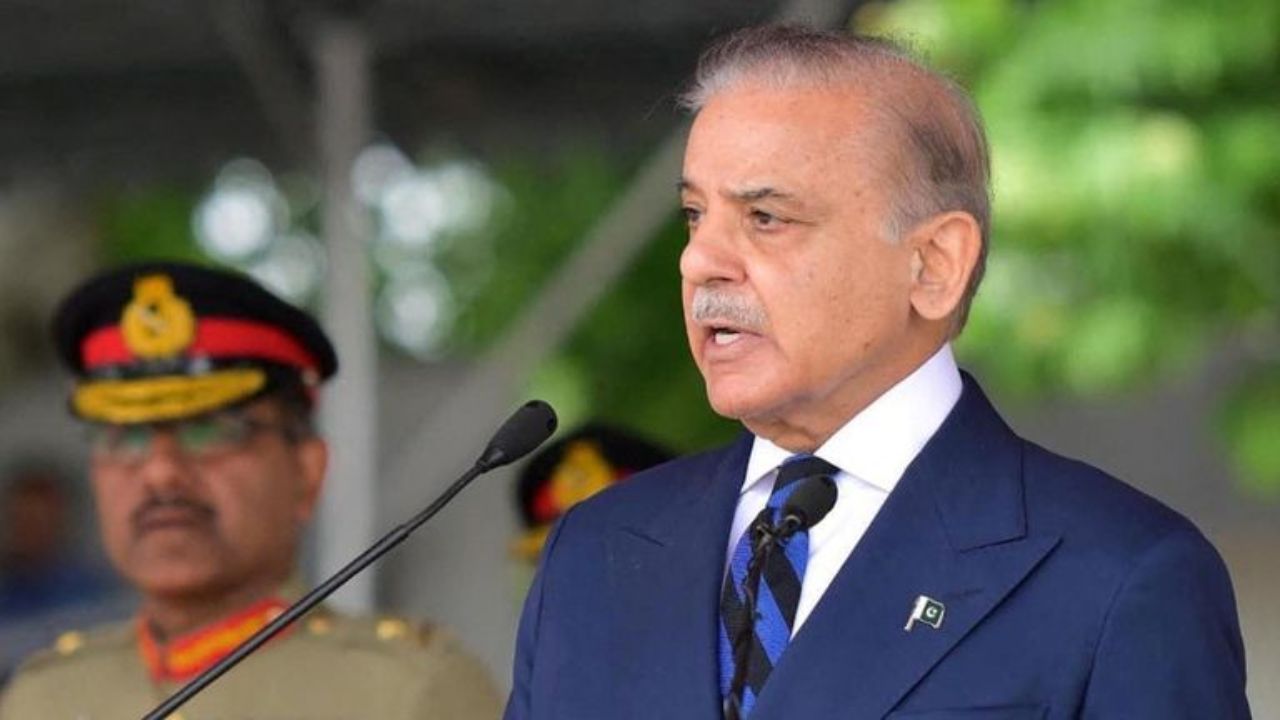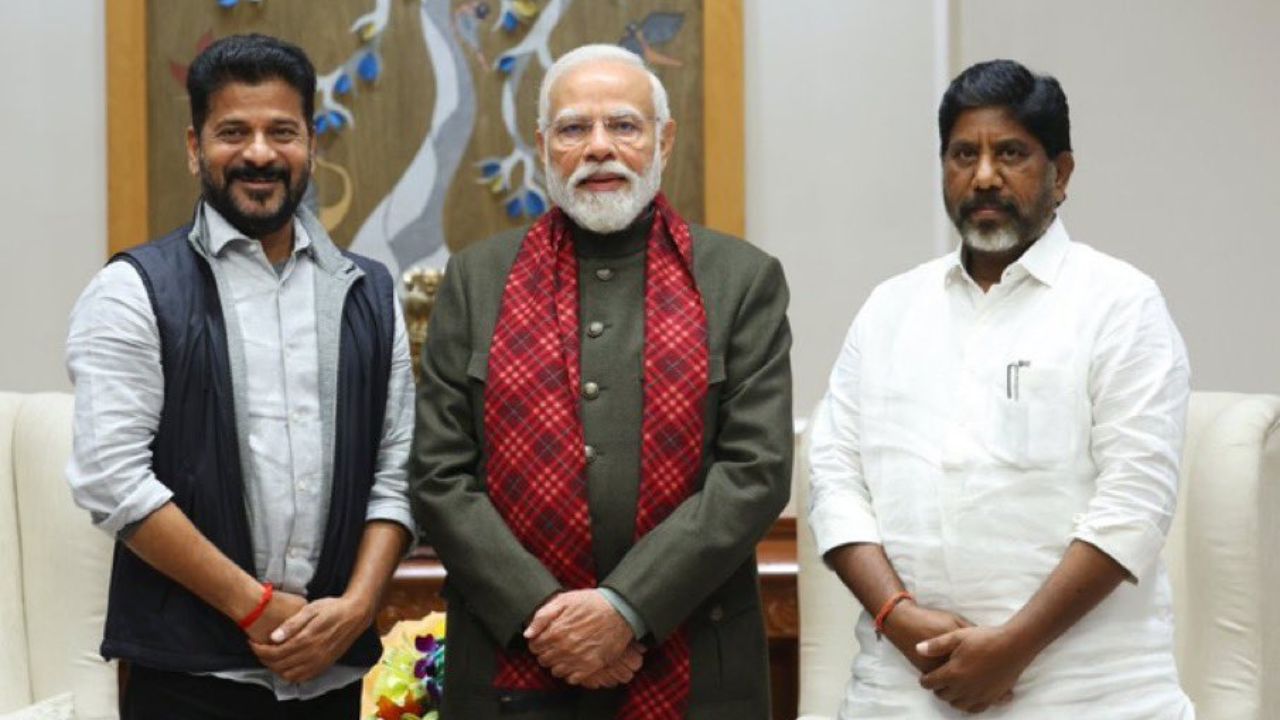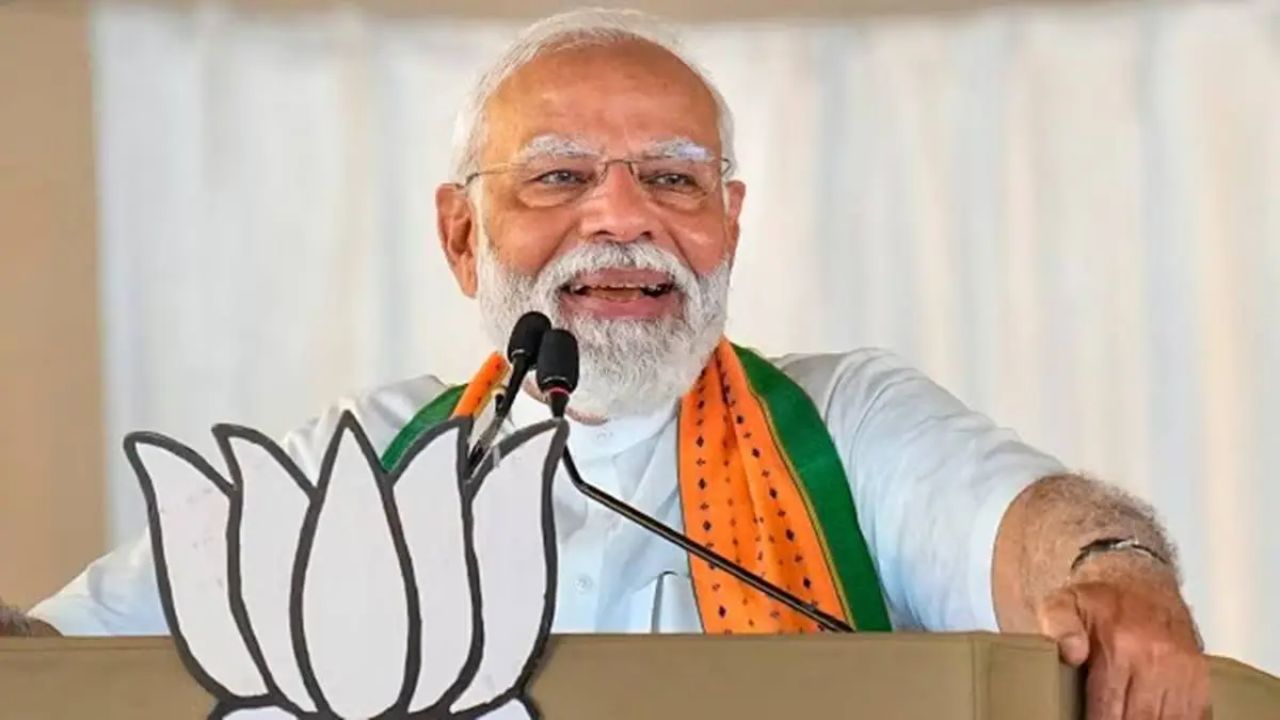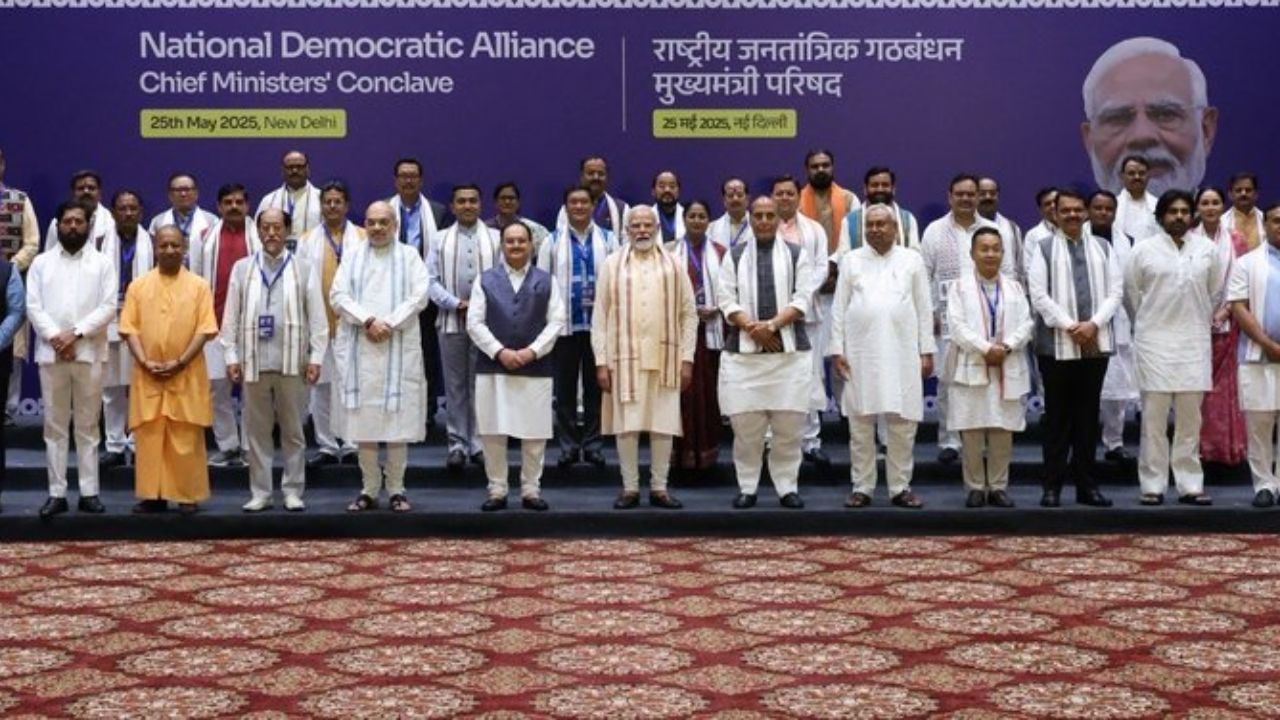Why Uttarakhand’s Finance Minister is at the Center of the ‘Hills vs Plains’ Controversy
Uttarakhand Finance Minister’s Remarks Ignite ‘Hills vs Plains’ Controversy, Triggers Protests Uttarakhand Finance Minister Prem Chand Aggarwal sparked a fresh “hills versus plains” debate in the state Assembly on Friday, leading to widespread protests and forcing
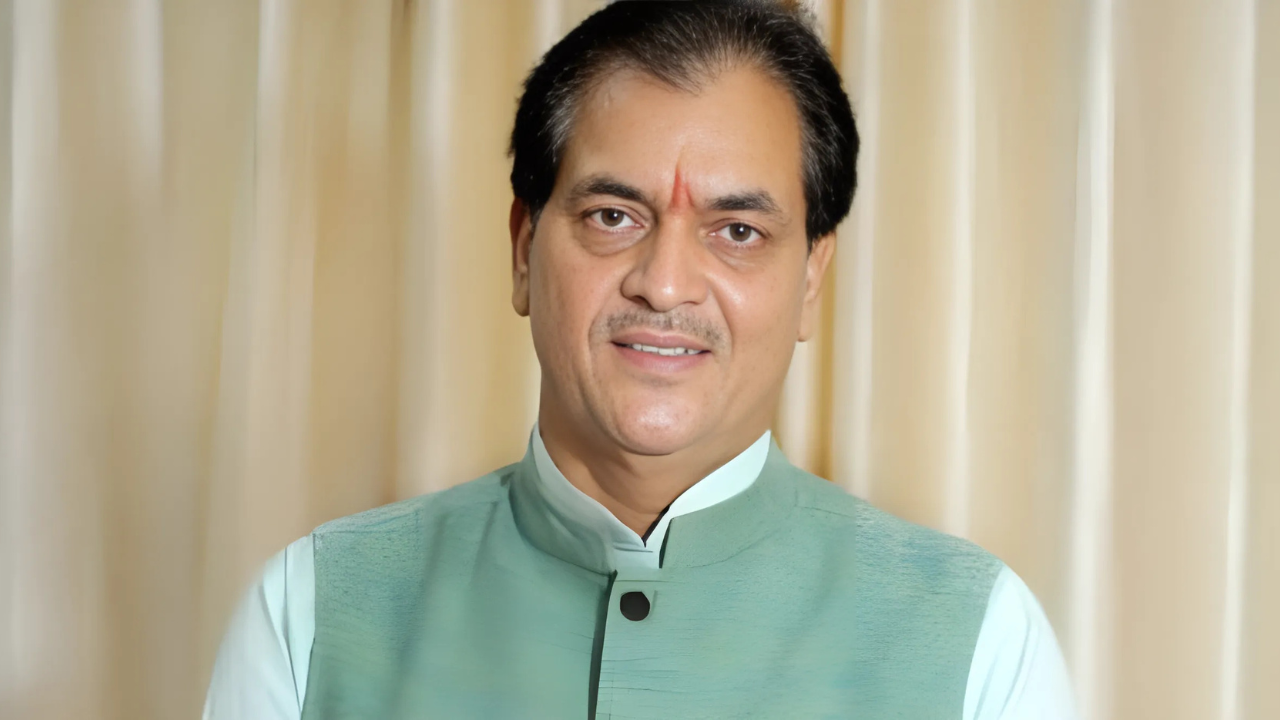
Uttarakhand Finance Minister’s Remarks Ignite ‘Hills vs Plains’ Controversy, Triggers Protests
Uttarakhand Finance Minister Prem Chand Aggarwal sparked a fresh “hills versus plains” debate in the state Assembly on Friday, leading to widespread protests and forcing him to issue an apology. The controversy has once again underscored the long-standing regional divide that has shaped the state’s political discourse.
Heated Assembly Debate
Opposition Congress MLAs accused Aggarwal of making remarks against “Paharis” after he urged them not to interrupt his speech. Responding to their objections, Aggarwal said, “Did we fight for a state to fight like this? Is this why we sacrificed? Is Uttarakhand only for the people in the hills? Who are in the hills? Some came from Madhya Pradesh, others from Rajasthan. You are dividing people into Kumaon, Garhwal, Pahari, and Desi. Will you object only because I am Aggarwal? This is not right.”
The session had already been tense, with Congress MLAs protesting over its short duration. As the debate escalated, Speaker Ritu Khanduri expressed disappointment over the behavior of the legislators, stating, “We are fighting as if we are on a street. The entire nation is watching. This Assembly is a temple, and such debates are unfortunate.”
Historical Context of the ‘Hills vs Plains’ Divide
Uttarakhand’s geographical and political divisions have been a subject of contention since the statehood movement. The hills cover 86% of the state’s 5.35 million hectares, while the plains occupy only 14%. The three districts in the plains—Dehradun, Haridwar, and Udham Singh Nagar—hold 30 of the state’s 70 Assembly seats.
The demand for a separate Uttarakhand state dates back to 1815 when the East India Company took control of Kumaon. In 1938, during a discussion with Jawaharlal Nehru, the need for hill communities to have self-governance was highlighted. The push for Gairsain as the state capital also stemmed from the desire for a hill-based administrative center.
Since Uttarakhand’s creation in 2000, disparities in development have widened. The plains, with better infrastructure and resources, have seen more growth, while the hilly regions continue to struggle with connectivity, healthcare, and employment opportunities. The choice of Dehradun as the capital further deepened the divide.
In 2012, a proposal to establish a new Assembly in Raipur reignited tensions, followed by the Congress government’s move in 2013 to lay the foundation stone for an Assembly in Gairsain. However, in 2015, Congress leader Indira Hridayesh’s endorsement of Dehradun as the permanent capital triggered a backlash from political parties and civil society groups.
Migration from the hills due to a lack of basic facilities has further fueled resentment. Legislative debates have often highlighted concerns that state policies favor the plains. For instance, in 2021-2022, Dehradun received ₹72.99 crore under the Zilla Yojana, while the hill district of Rudraprayag was allocated only ₹38.28 crore. The per capita income disparity was also stark—₹2.55 lakh in Dehradun compared to ₹1.16 lakh in the hill district of Champawat, home to Chief Minister Pushkar Singh Dhami’s constituency.
Backlash Against Aggarwal
Aggarwal’s comments drew sharp criticism from opposition parties and civil society groups. In Almora, Congress workers staged a mock funeral procession, chanting slogans against the minister and the BJP government.
Addressing the media on Saturday, Aggarwal, a four-time MLA from Rishikesh, claimed his remarks were being “distorted.” He clarified, “I was born, will live, work, and die in Uttarakhand… If my words hurt anyone’s sentiments, it was not my intention. Uttarakhand’s residents are my family, and I have no hesitation in expressing regret.”
The controversy was further fueled by Congress MLA Manoj Tiwari’s allegations in the Assembly that corruption had increased since the formation of the district development authority. He claimed, “People with economic resources build houses without restrictions, while authorities turn a blind eye. This is a problem in hilly areas.”
The uproar also disrupted Assembly proceedings on Saturday, with Congress’s Badrinath MLA Lakhpat Bhutola tearing official papers in protest. Aggarwal countered the opposition by recalling his past role in declaring Gairsain the summer capital, asking, “Didn’t Prem Chand Aggarwal celebrate when this was announced?”
Meanwhile, BJP state media in-charge Manveer Chauhan stated that party chief Mahendra Bhatt had “warned” Aggarwal over his remarks. “The leadership has advised the minister to exercise restraint and use appropriate language. The party expects him to maintain decorum,” Chauhan said.
With the controversy showing no signs of fading, the debate over the hills and plains divide continues to shape Uttarakhand’s political landscape.


